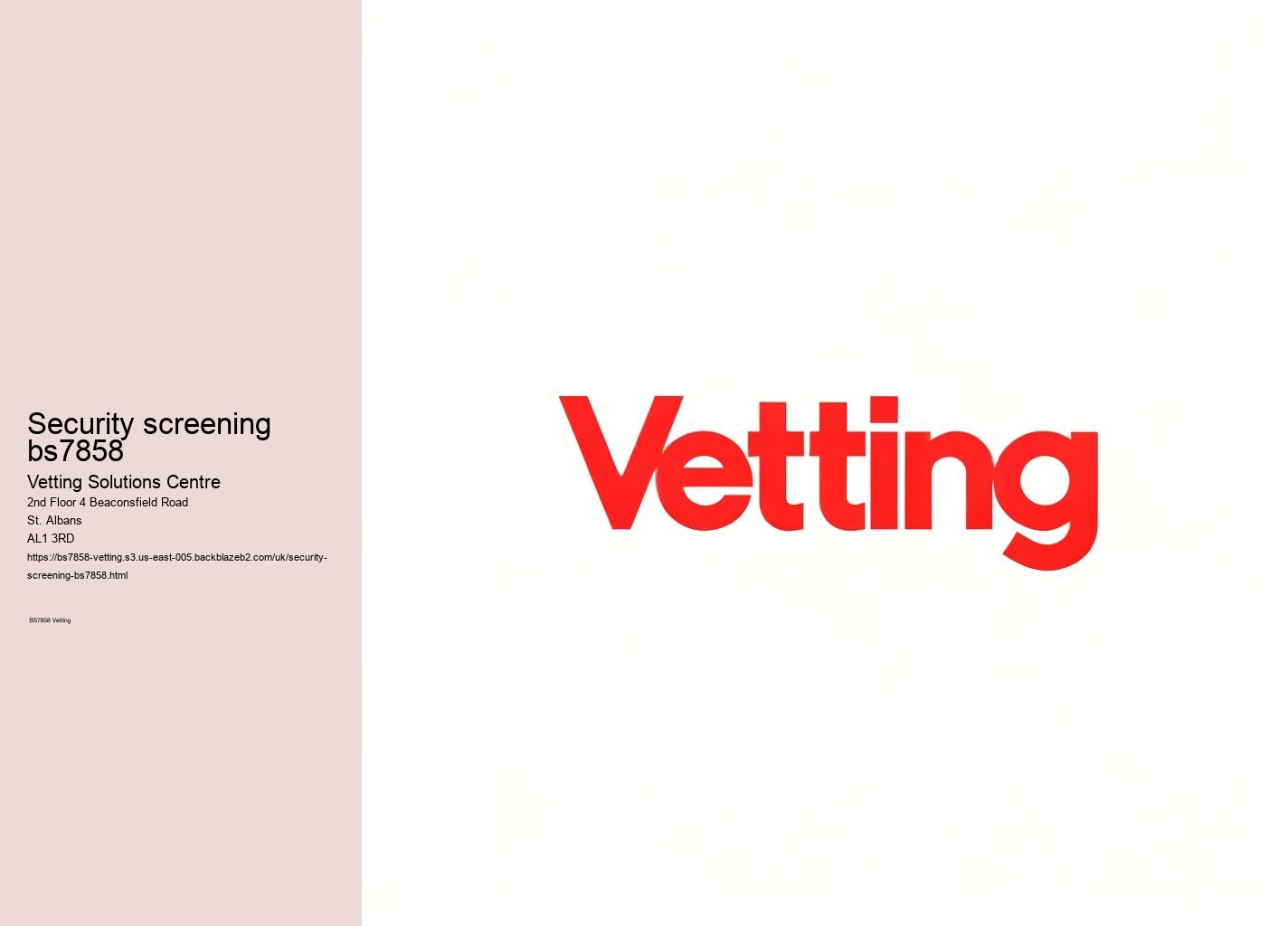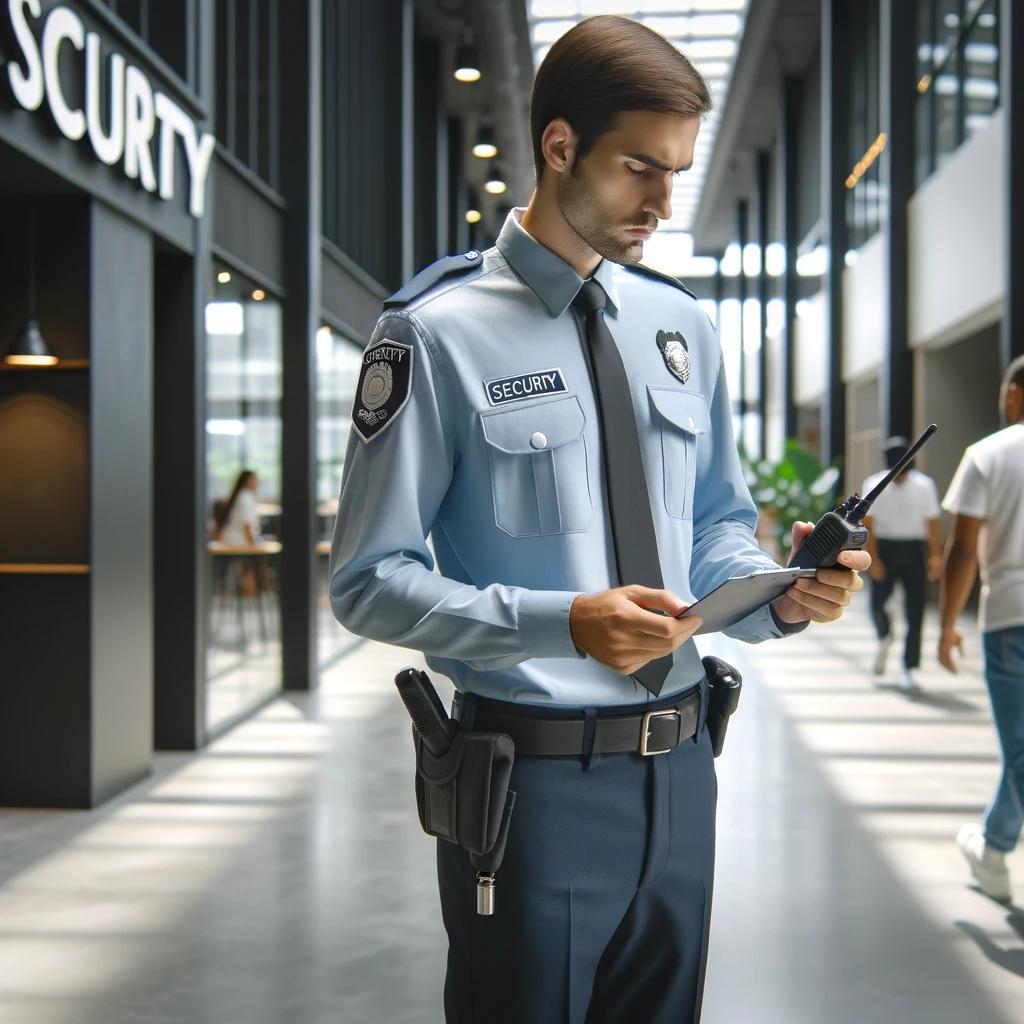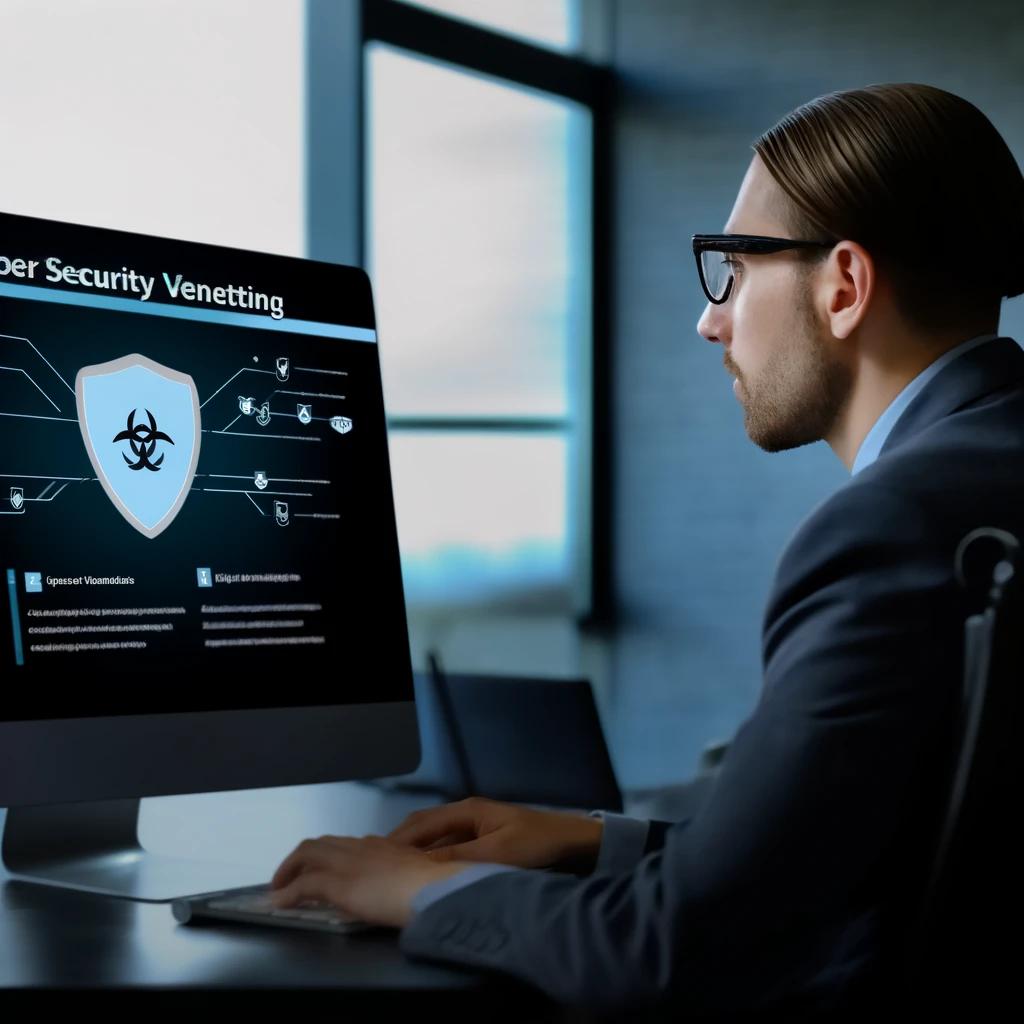

Consent is a critical component of the BS7858 screening process under the Data Pro-tection Act 2018. Individuals must be informed about the nature and purpose of the data being collected and must give their explicit consent for their personal data to be processed for the purpose of security screening.
In some industries, additional legal and regulatory requirements may influence the im-plementation of BS7858 checks. For example, financial services are regulated by the Fi-nancial Conduct Authority (FCA), which has its own requirements for screening individu-als to prevent financial crimes.
The legal underpinning of BS7858 checks in the UK reflects a balance between the need for security and the protection of individual rights. Employers conducting these checks must navigate a complex legal landscape, ensuring compliance with data protection, human rights, employment laws, and industry-specific regulations. This ensures that the screening process is not only effective in mitigating security risks but also respectful of the rights and privacy of individuals.
BS7858 is not a legal requirement in itself; it is a British Standard that provides best practice guidelines for the security screening of individuals working in environments where the security and safety of people, goods, or property is a requirement of the em-ploying organization's operations. These guidelines are designed to help organizations establish a vetting process that mitigates the risk of theft, fraud, and other security breaches by ensuring that individuals are appropriately screened before they are em-ployed in positions of trust.
Although BS7858 is widely recognized and adopted across various sectors in the UK, including security services, IT, telecommunications, and any other sector where employ-ees have access to sensitive or confidential information, compliance with this standard is voluntary. Organizations choose to adhere to BS7858 to demonstrate due diligence, enhance security measures, and ensure that their screening practices are robust and consistent with industry best practices.
However, while BS7858 itself is not legally mandated, organizations implementing its guidelines must do so in compliance with relevant UK laws and regulations, such as the Data Protection Act 2018 (including UK GDPR), the Human Rights Act 1998, and the Rehabilitation of Offenders Act 1974, among others. These laws provide the legal framework within which the practices recommended by BS7858 must operate, particu-larly concerning the handling, storage, and processing of personal and sensitive data.
In certain regulated industries, there may be specific legal or regulatory requirements that necessitate background checks similar to those outlined in BS7858, or even more stringent ones. For example, the financial sector and roles related to national security may have legally mandated checks that go beyond the scope of BS7858. In these cases, while BS7858 might not be a legal requirement, compliance with relevant sector-specific regulations necessitates thorough vetting processes that align with or exceed the standard's recommendations.
What Is Proof of Address for Bs7858? Think about a fresh utility bill with your name and address on it. This simple piece of paper is really important when it comes to the BS7858 security screening process. You need to show this to prove where you live. But it's not just about that. It's also about confirming who you are. You might be wondering why such a common piece of paper is so important for this. Let's look into this and understand why proving your address is so crucial for BS7858.
Understanding BS7858 Proof of Address. To get why you need to prove your address for BS7858, you have to understand that it's not just about checking where you live. It's also about showing that you're steady, dependable, and trustworthy. By giving a valid proof of address, you're not just showing where you live, but also that you're reliable and consistent.


Documents you can use to prove your address include utility bills, bank statements, local council tax bills, and rental agreements. These documents should be no more than three months old. They'll be checked carefully to confirm where you've been living. This is taken seriously because it's a crucial part of keeping up with security sector standards.
Importance of Address Verification during BS7858 Vetting. Address verification is a key part of the BS7858 vetting process. It's not just a formality, but it's a way to make sure you're being honest and open during the vetting process.
This step is all about making sure that your home address is correct. It's the base for your identity and background checks. It helps to double-check your contact details, which is really important for keeping trust in secure environments. If this step isn't done properly, it could mess up the whole vetting process and risk the reputation of the industries and schemes involved, like the SIA Approved Contractor Scheme.
Additionally, address verification is useful for checking your address history. It involves looking at documents and cross-referencing, to make sure the information you've given is correct. It's not just about where you live now, but where you've lived before. It's a thor-ough check that makes sure everything is covered.
Types of Acceptable Documents for BS7858.When you need to show where you live for BS7858, you can use different papers like utility bills, bank statements, council tax bills, and rental agreements. These papers help to prove where you live and show that you're reliable - something that's really important for jobs where security matters.
Utility bills for things like electricity, gas, or water are good to use as long as they're not more than three months old. Bank statements are also good but remember, printouts from the internet won't work; you need the original copy sent from your bank.


Council tax bills are useful too. They not only confirm where you live but also show that you're good with money. Rental agreements can also be used. These are contracts be-tween you and your landlord that have both your name and address on them, proving that you have a steady place to live. In all cases, make sure your papers are current and cor-rect so you don't have any problems during the check process.
The Verification Process of BS7858 Explained Going through the check for BS7858 means that your documents proving where you live, like utility bills and bank statements, will be looked at closely. These need to be recent - from the last three months - to show that they still correctly show where you live.
This process also double-checks your paperwork to make sure the details given are accu-rate. This step confirms that you live at the address you've stated. Sometimes, further checks may be required to make sure your address proof is valid, making sure it meets the BS7858 standards.
Another key step in this process is confirming your past addresses. By doing this, it can show that you're stable and trustworthy, which are important qualities for anyone working in jobs where security is crucial.
Addressing Common Challenges of BS7858The process of checking compliance with BS7858 might seem tough, but don't worry, there are ways to manage it effectively. It's important to remember that the aim here isn't just to tick off a checklist, but to make sure security standards are met.
You might come across issues like missing work history or absence of usual documents like utility bills. However, there are solutions to these problems. For example, there are online platforms that can quickly check and confirm addresses by comparing data. If the usual documents aren't available, you can use other proofs, like official letters from the government.
